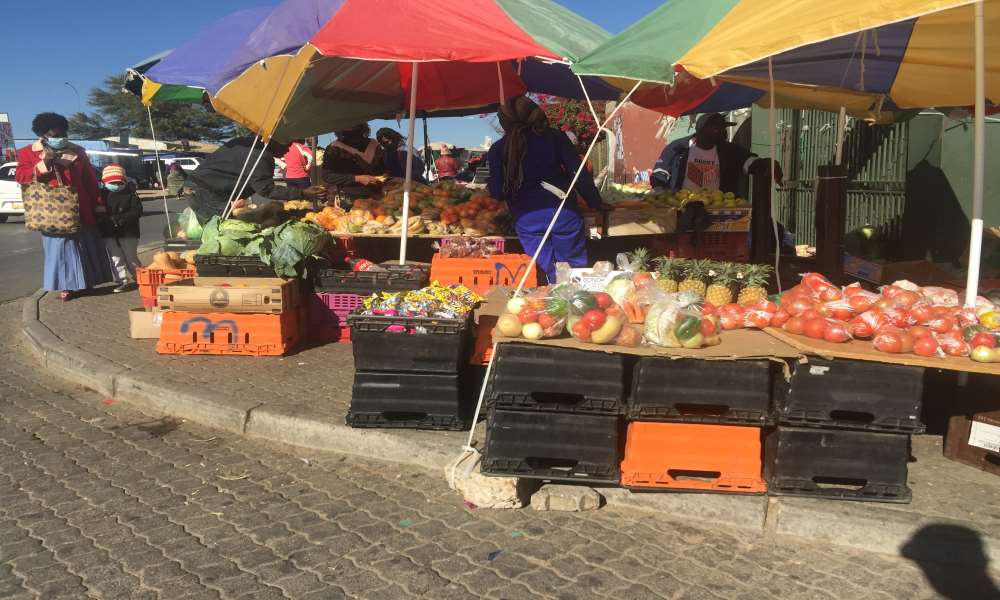Namibia’s informal economy remains vulnerable
Operational guidelines launched
The sector is a major source of employment and livelihoods for many Namibians, most of whom are women.
Over the years, informal traders who are trying to make an honest living, experienced police brutally, had their goods confiscated and got fined for operating at places deemed illegal.Given this background, the Namibian Informal Sector Organization (NISO), in partnership the Friedrich-Ebert-Stiftung launched the operational guidelines for the code of conduct for the Namibian informal economy.
The guidelines are anchored on five pillars aimed at bridging the existing gaps. The first guideline calls for the recognition of the informal economy and its contribution to job creation and poverty reduction.
The second pillar calls for stakeholder consultation and participation to ensure an inclusive and transparent policy making process.
The third pillar advocates for continuing education and training for informal traders, their families and workers, in skills essential for development and effective transition to formality.
Furthermore, there is a need to reduce the obstacles to the formalization by developing simplified administrative procedures. This includes increasing the number of one-stop-shop models and promoting spaces for exchanges on innovative practices in public sector institution.
The last pillar focuses on the need for alternative dispute resolution in the informal economy in the form of mediation, conciliation and arbitration.
In her keynote address, minister of industrialisation and trade Lucia Iipumbu stated that the crafting the guidelines is meant to set the tone in terms of regulating the rights, obligations, and responsibilities of all stakeholders in the informal economy.
Support
Iipumbu acknowledged that informal trading remains a critical part of economic activities in Namibia yet it is one of the most vulnerable due to the operational instability and unstable support.
This sector is a major source of employment and livelihoods for many Namibians, most of whom are women. Estimates of the size of this sector, its contributions, and composition vary widely within regions and countries across the world. Therefore, establishing the nature and extent of the informal economy in a country is a necessity for the development of sound and targeted policies, strategies and interventions, she said.
The ministry will strive to improve the business environment and conditions for businesses including micro, small and medium enterprises (MSMEs) and informal traders through initiatives covering both policy, legislative, regulatory, institutional and programme specific one.
“The ministry is also supporting the directive on local procurement through our Buy Local Grow Namibia Campaign and the launch of the Namibian Bar code. We know that one of the biggest challenge facing our informal traders is access to market, infrastructures deficit and other formal supports. We are further urging our entrepreneurs to come together and receive business training through our Empretec programme,” Iipumbu [email protected]



